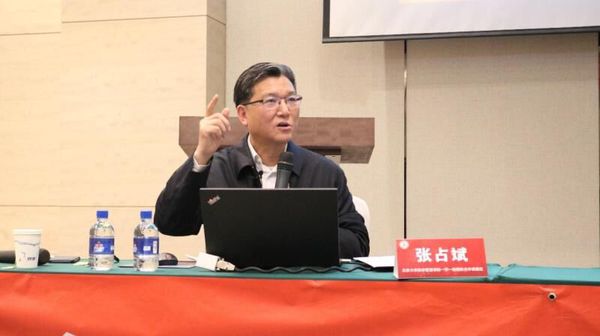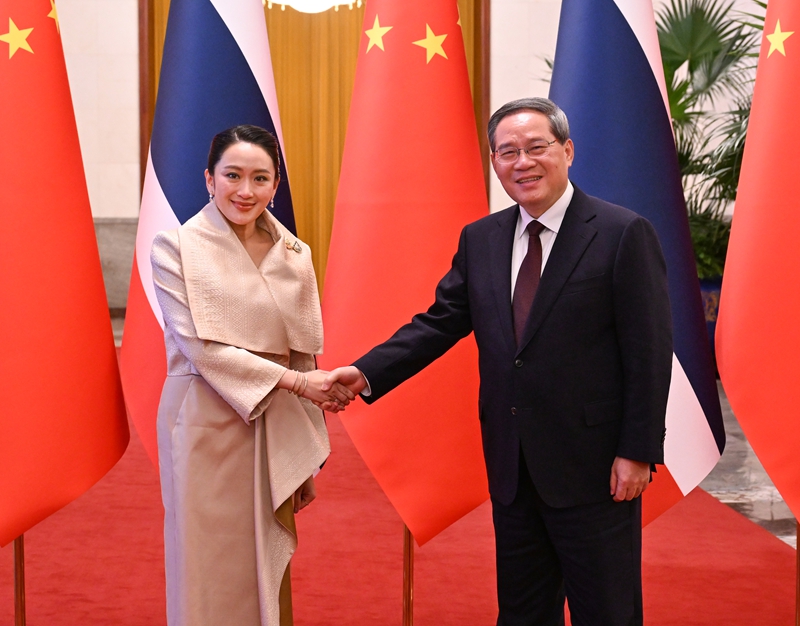Ba Media: Experience The “Belt And Road” Story While Tasting Pu’er Tea
Ba Media: Experience The “Belt And Road” Story While Tasting Pu’er Tea
Ba Media: Experience the “Belt and Road” story while tasting Pu’er tea, translation, coffee, Yunnan, Ba Media, Pu’er tea, One Belt and One Road
Reference News Network reported on October 15 that the Pakistan Express Tribune website published Hamza Rao's article "Sips on the New Silk Road: The real infrastructure construction of the "Belt and Road" runs through tea cups, railways, bridges and silently cultivated friendships" on October 12. The article is compiled as follows:
When I arrived in Kunming, the capital of southwestern China's Yunnan province, I sensed an air of optimism. The “Belt and Road” Media Cooperation Forum is in full swing, with more than 200 journalists and media representatives from 87 countries and international and regional organizations participating.
At the conference table and in the corridors, these reporters, writers and scholars discovered that they were no longer representatives of different competing camps, but participants in a community of shared future, jointly practicing the global civilization initiative proposed by China.
An Azerbaijani media person said during the panel discussion: "'One Belt, One Road' is not just about infrastructure construction, it is about strengthening connections between people."
After the formal agenda, the host took us on a tour of Yunnan. The province is home to mist-shrouded mountains and ethnic minority cultures, while tunnels and viaducts connect distant valleys into a common time and space.
In the Pu'er tea garden, local women taught us the ritual of drinking tea. New roads cut through the mountains, and resettlement projects move families in remote areas closer to schools and clinics. Development here is not an abstract term: it has sidewalks, drainage systems and bus lines.
In Dali and Lijiang, the Ancient Tea Horse Road has been given a new look, with cobbled streets and cafes opening. A Yi woman who runs a coffee cooperative told me that Yunnan coffee beans were once an experiment by missionaries, but now they are a source of livelihood for local people.
At night, it's like a mini United Nations: grilled fish, mushroom hotpot, bridge rice noodles, conversations in English, Russian, Arabic, French and Chinese, plus a lot of translation software.
Friends and colleagues who are co-building countries under the Belt and Road Initiative often say the same thing to me in different languages: You don’t need to read op-eds to understand the significance of this initiative, just experience it yourself.
During a meeting, a Nigerian reporter pointed to a slideshow of the China-Laos railway and said: "Look, the train entering Kunming South Railway Station speaks for itself." Over the course of several years, round trips turned distance into opportunities: coffee from Laos and fruits from Thailand were shipped north, and machinery and equipment from China were shipped south.
The same conclusion emerges from these stories shared over tea and dinner: the Belt and Road Initiative is being interpreted as a real alternative to neoliberalism, especially in the Global South. Rather than calling for austerity programs and privatization, it emphasized infrastructure, capacity building and respect for sovereignty.
Before leaving Yunnan, I came to the Longjiang Water Conservancy Project. It is like a gleaming artery among the green mountains. Engineers from China National Nuclear Corporation said that the hub will not only provide clean power to the city, but its huge reservoir also irrigates vast farmland and provides domestic water to about 150,000 people.
Families who have moved from the valley have established new livelihoods, such as agritourism and cafes near reservoirs. In their stories, we can feel the quiet revolution of China's rural revitalization: people are not displaced because of progress, but are reintegrated into new lives and livelihoods. In Asia and Africa, CNNC's international projects also echo the same spirit, closely connecting technology and people's livelihood.
Today, Yunnan's coffee production accounts for more than 95% of China's coffee production. The coffee is grown by local farmers near tea and fruit trees. Only globalization can turn the origin of the tea tree into the coffee capital of China. Seeds that originated in Ethiopia have found a second home here.
This is a new type of globalized geographical pattern. Rather than flattening the culture, it knits it together. This reminds me that the Belt and Road Initiative is not a story of empire, but a story of reciprocity, of prosperity achieved through collaboration rather than competition. (Compiled by Ge Xuelei)





